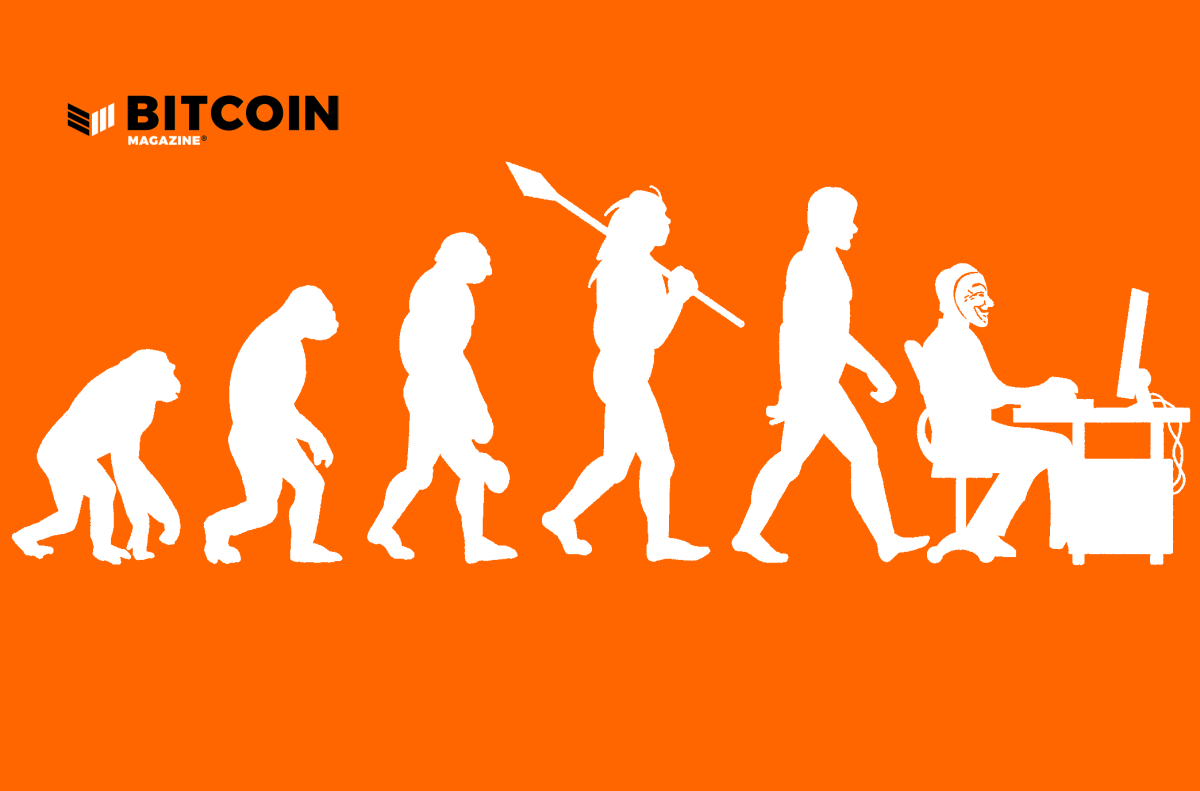Data privacy has come a long way since the widespread use of technology kicked off in the early 2000s. Now, every click, Tweet and Instagram post makes up a personal data footprint that stands shoulder-to-shoulder with people’s fundamental rights as one of the most valuable assets each individual possesses.
Recent revelations about the extent of data trading and misuse have cast a spotlight on the urgent need for stronger safeguards. People’s digital footprints, consisting of personal information voluntarily shared online or unknowingly collected through various services, have become lucrative commodities. The scale of this trade raises significant concerns about privacy violations and the erosion of personal agency. This is evidenced by regulators in the European Union defining rules around the right of access known as the General Data Protection Regulation (GDPR), which makes it a right for each person to own their data and use it as an asset. Unfortunately, even with these regulations, a Forbes article from November 2022 revealed that the public is still dissatisfied, with consumers seeking to take control of how their personal data is shared.
In order to safeguard data privacy and enhance security, adopting decentralized identity solutions has become imperative. These solutions leverage blockchain technology to establish end-to-end systems, enabling the secure sharing of private information while granting users complete authority over their data. Unlike centralized alternatives, decentralized systems ensure the immutability and security of private data, allowing it to be shared only with the explicit consent of the users.
The implementation of this technology is crucial for any system that deals with substantial volumes of data, ranging from healthcare and finance to media platforms. However, the responsibility of protecting sensitive data should not rest solely on organizations. Individuals also play a pivotal role in preserving their own data privacy. By embracing digital identity solutions, users regain control over the sharing of their information, thereby minimizing the ability of hackers and large corporations to gather unauthorized data.
One company seeking to disrupt the space is WeSendIt, a Swiss-based file transfer and storage provider. With the release of the upcoming WeSendIt 3.0, users will get easier and more reliable access to decentralized storage and privacy-protecting file transfer services. The platform aims to not only offer better security to users but also aid with the global transition to Web3. In order to achieve that, WeSendIt has incorporated the WSI utility token at the core of its services.

Source: WeSendIt
Introducing the trusted provider for Meta’s file-storage needs
A paradigm shift in data and file management requires collective effort and widespread adoption of decentralized practices across industries and sectors, ultimately leading to a more robust and trustworthy data ecosystem for the future. Rising to meet this challenge is WeSendIt.To date, the firm boasts 3.5 million users from more than 150 countries, with companies such as Meta, Red Bull, Nike and Dreamworks all entrusting their file management needs to WeSendIt.
The platform is now hard at work to roll out its late 3.0 update, which aims to further improve decentralized storage and prioritize user privacy with a more secure and effortless service. This new offering is built using the expertise and experience they gathered over a 10-year period as a traditional Web2 provider, which the platform uses as a foundation for faster file transfers with true privacy protection. What’s more, this release marks an important benchmark in the company’s ambitious roadmap:

Source: WeSendIt
In response to this mission, Jens Herbst, the CEO of WeSendIt, shared:
“The idea of decentralization is deeply ingrained in Switzerland’s DNA. The country was founded on the principle that no centralized power should ever gain too much control over individuals. Therefore, it is only logical to advance the decentralized internet here. With WeSendit, we want to contribute to the world’s transition to Web3.”
Pushing forward
The shift toward data privacy and user control has been significantly driven by the pioneering work of companies like WeSendIt, who are pushing the boundaries of the data management and storage industry. As society enters an era where the implications of data privacy breaches are increasingly dire, it is crucial that technology keeps pace with these developments. The innovative approach of decentralization, as championed by WeSendIt, suggests a promising solution to this growing concern.
Looking to the future, users can expect the continued evolution of decentralized solutions and a potential shift from the current landscape dominated by centralized data models. Companies that adapt to this shift and incorporate innovative blockchain technologies will not only ensure their survival but will likely shape the digital ecosystem for years to come.
The journey to a more privacy-respecting, decentralized internet has only just begun, and WeSendIt’s latest offerings mark another significant milestone in this journey. If the proactive responses of leading companies like WeSendIt are anything to go by, a future in which users retain complete control over their data is not only plausible but achievable and imminent.
Disclaimer. Cointelegraph does not endorse any content or product on this page. While we aim at providing you with all important information that we could obtain in this sponsored article, readers should do their own research before taking any actions related to the company and carry full responsibility for their decisions, nor can this article be considered as investment advice.












